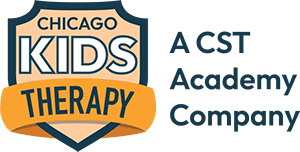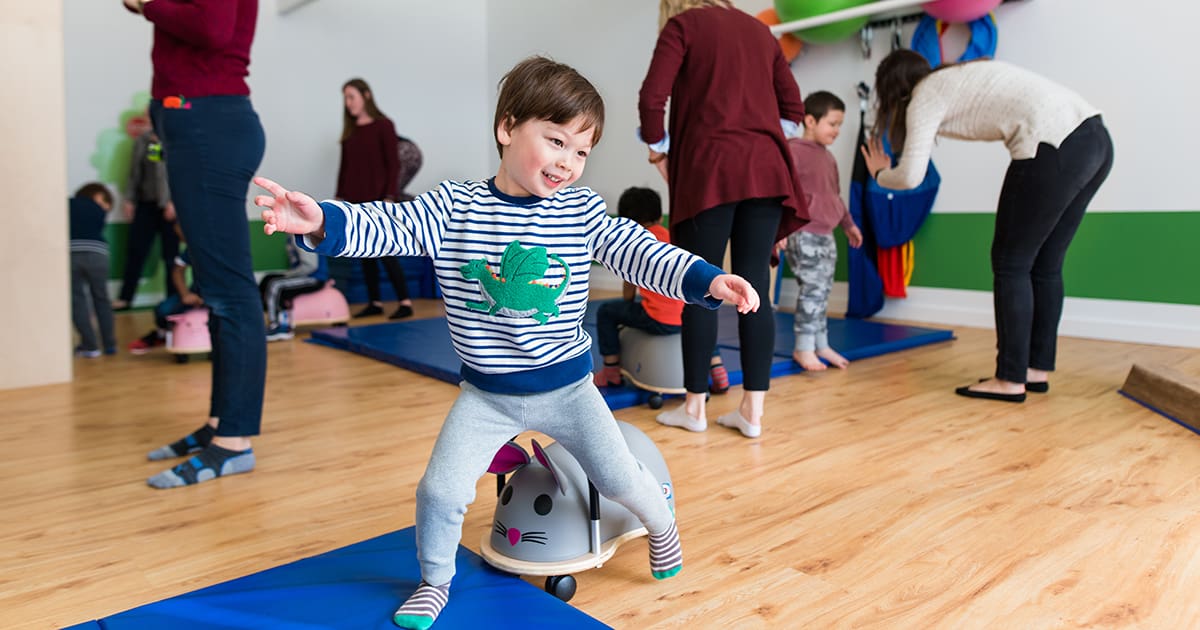Children with Autism Spectrum Disorder (ASD) often experience differences in motor skill development, coordination, and physical movement. While each child’s development is unique, some may face delays in gross motor coordination, posture, balance, and physical endurance. These challenges can affect a child’s ability to participate in daily routines, recreational activities, and social interactions. Physical therapy plays a key role in helping children with ASD build strength, mobility, coordination, and motor planning skills to enhance their independence and engagement with the world around them.
The Role of Physical Therapy for Children with ASD
Physical therapists specialize in movement and motor development. They use play-based, structured interventions to help children with ASD improve muscle strength, mobility, coordination, and body awareness. Therapy sessions focus on helping children develop age-appropriate motor skills, improve balance, and participate in everyday activities more successfully.
By addressing movement-related challenges, physical therapists support children in gaining confidence in their physical abilities, which can also positively impact their social interactions, communication, and engagement with peers.
Movement Challenges in Autism Spectrum Disorder
Many children with ASD experience differences in motor development that may affect their daily activities. Some of these include:
- Delays in walking, jumping, and skipping
- Difficulty with balance and coordination
- Challenges with hand-eye coordination
- Repetitive movement patterns
- Toe walking and postural instability
How Physical Therapy Helps Children with ASD
Physical therapists design individualized treatment plans to address a child’s unique movement challenges. These plans focus on:
- Developing imitation skills through interactive games such as “Simon Says”
- Encouraging movement through music-based activities, like “Head, Shoulders, Knees, and Toes”
- Improving balance and posture using therapy balls, balance beams, and swings
- Enhancing stair navigation by practicing walking up and down ramps or stairs safely
Through structured and free play, therapists help children acquire essential motor skills, improve their ability to transition between activities, and build strength for everyday movement. These interventions not only enhance physical abilities but also contribute to better self-regulation, body awareness, and overall participation in daily life.
Supporting Your Child’s Development
Physical therapy can be an essential tool in helping children with ASD reach their full movement potential. If your child experiences challenges with coordination, balance, or motor planning, early intervention with pediatric physical therapy can provide the support they need. Contact Chicago Kids Therapy today to schedule an evaluation and learn how our team can help your child gain confidence in movement and everyday activities.


